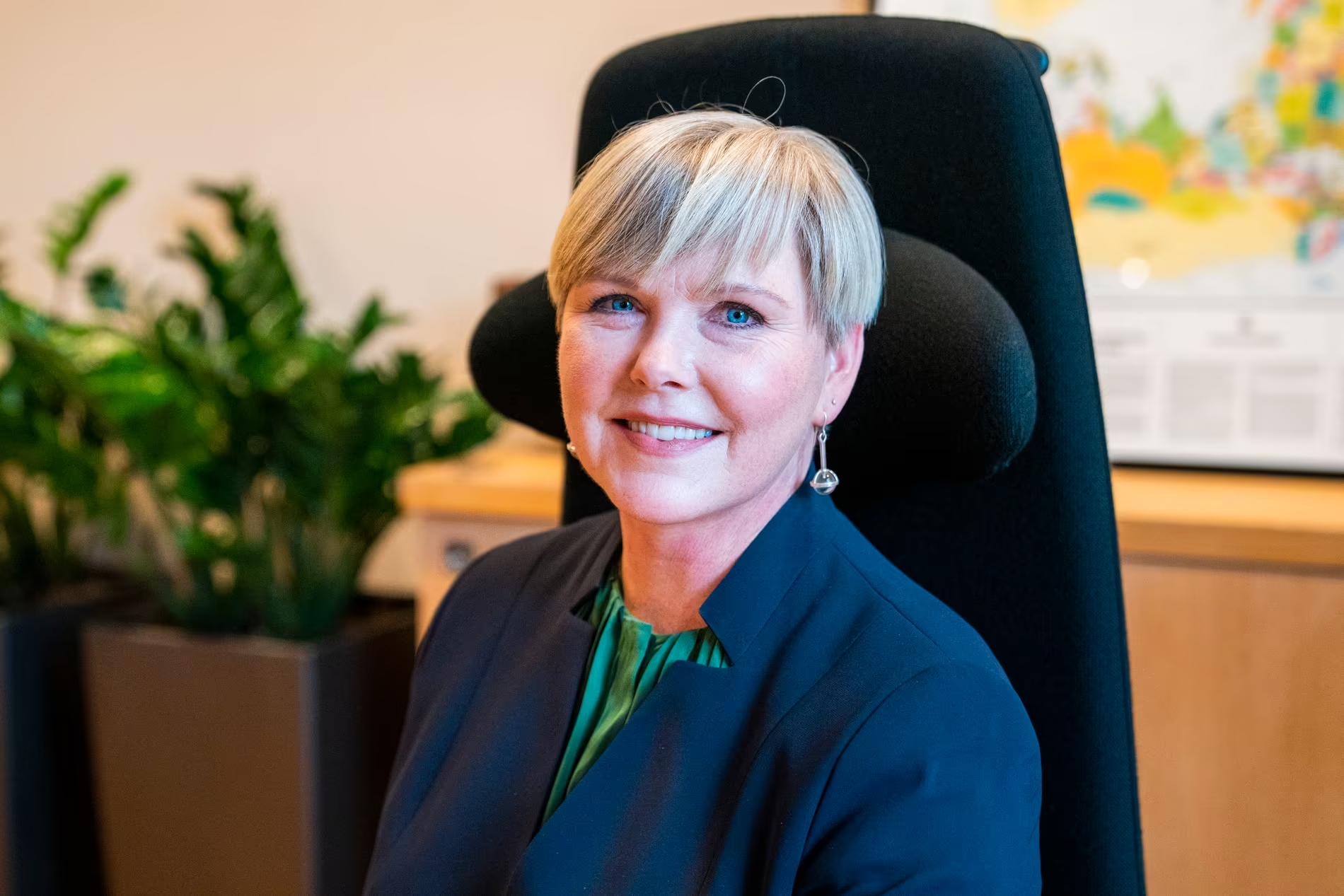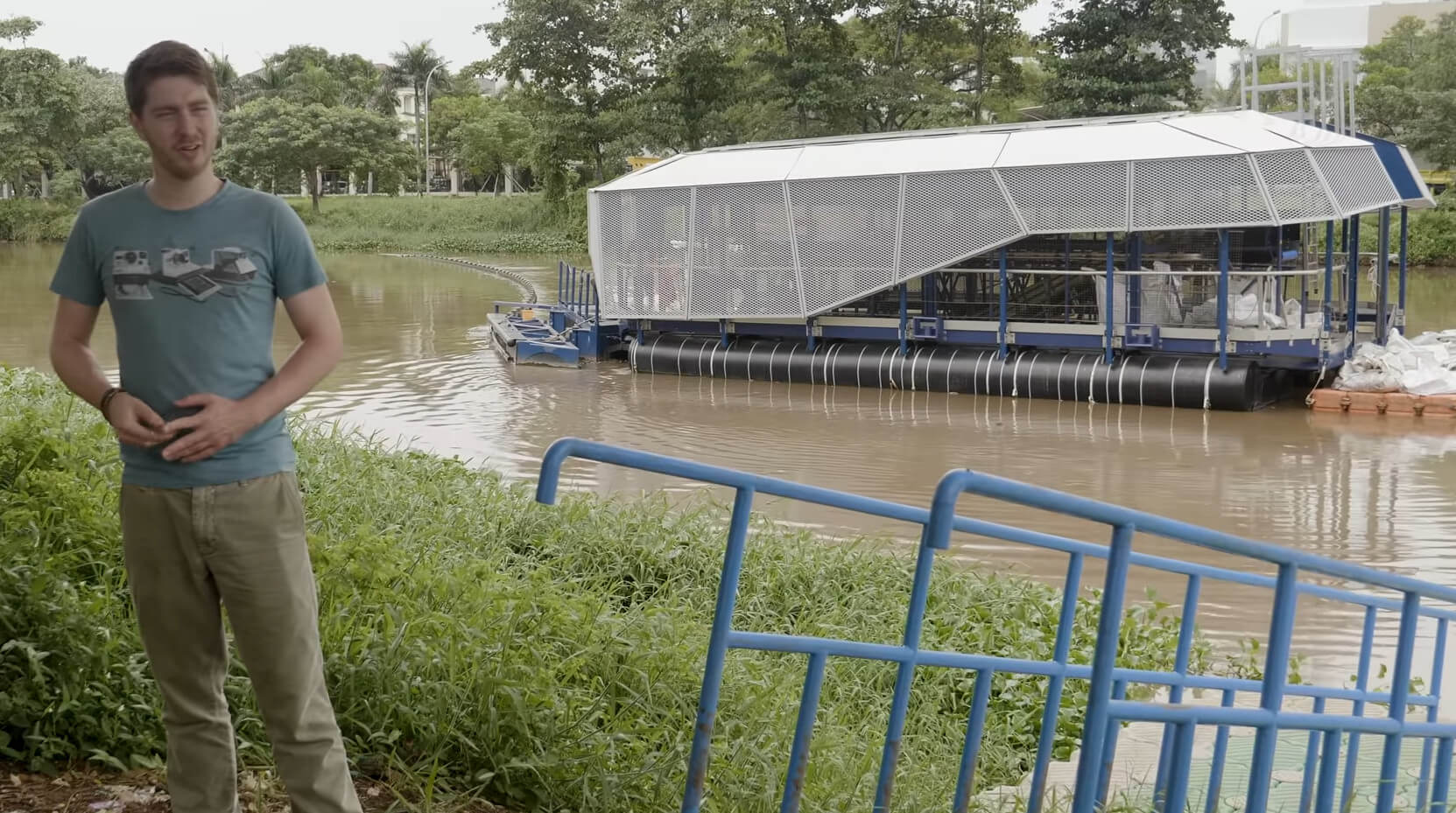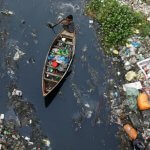A Finnish company succeeded where many others failed: reducing plastic pollution in Asian waters
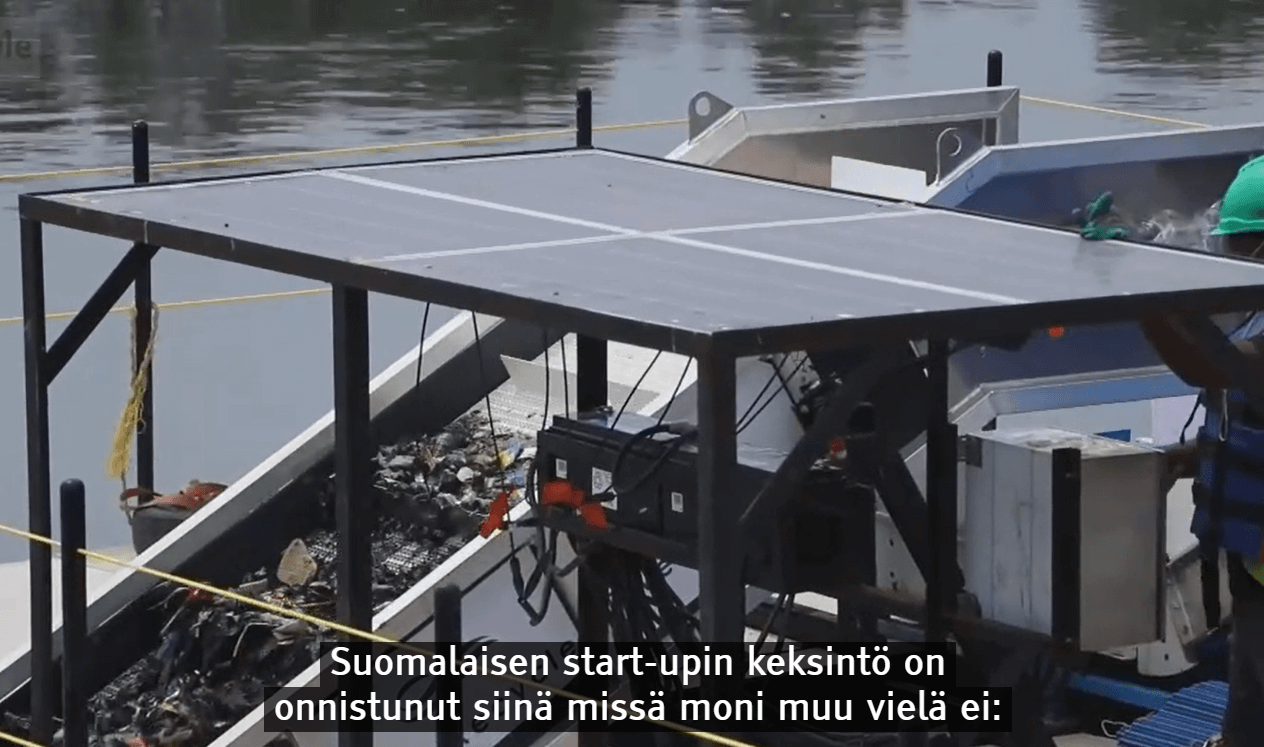
Finland-based Riverrecycle Oy has developed a method to tackle the plastic litter that is plaguing the oceans. Together with its partners, the company has collected one million kilos of litter from rivers in developing countries in just a few years.
JENNI FRILANDER
A Finnish start-up has succeeded where many others have not: in removing plastic debris from waterways.
The invention is not complicated: a floating boom that stops the plastic debris and a device to lift it up to the beach. The real innovation is the business model that makes litter collection economically viable.
- We’ve picked up a million kilos of waste from four rivers around the world – and we’re still picking up more than 80,000 kilos a month,” says Anssi Mikola, founder and CEO of RiverRecycle Oy, a serial entrepreneur.
According to the UN Environment Programme (UNEP), between 19 and 23 million tonnes of plastic waste ends up in oceans, rivers and other water bodies every year.
- We have developed a workable solution to stop the plastic debris from flowing into rivers in developing countries before it ends up in the oceans,” says Mikola.
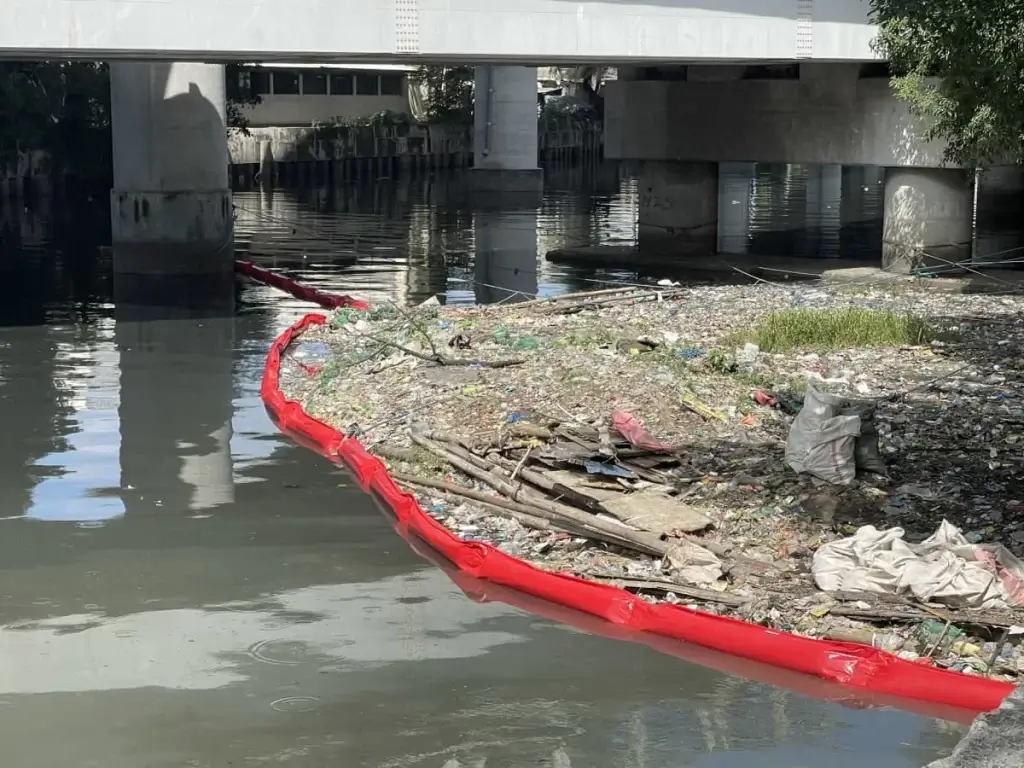
Jätteet päätyvät jokeen pääasiassa yhdestä syystä: kehittyvien maiden jätehuolto ei toimi. Paikalliset roskankerääjät keräävät kyllä arvokkaita muoveja, kuten PET-muovista tehtyjä juomapulloja. Kaikki muu kipataan tarkoituksella jokeen. Köyhyys ajaa ympäristötietoisuuden edelle.
– Nimenomaan jokeen, koska joki on kaikkein halvin tapa hankkiutua jätteestä eroon. Kun heität jokeen, roskat katoavat joen mukana etkä joudu maksamaan kaatopaikkamaksuja.
Vaikka noin 80 prosenttia joessa kulkevasta roskasta jää jokiputsariin, asennemuutos on tärkein.
– Ihmiset sanovat, että te muutatte asioita oikeaan suuntaan. Tämä toiminta antaa heille vähitellen omanarvontuntoa, sanoo Riverrecyclen Mumbain projektipäällikkö Yashwant Dadhwadia.
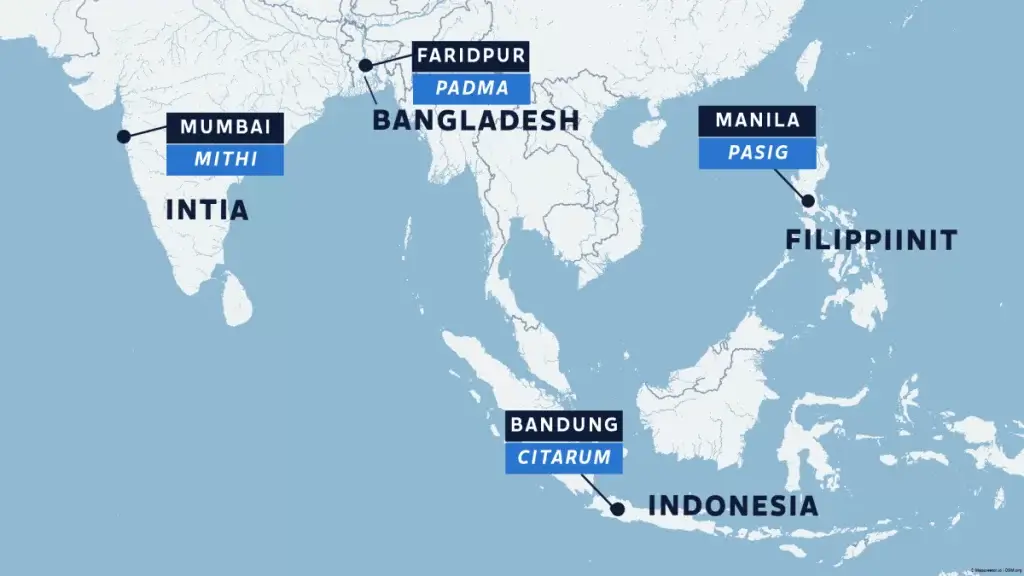
The ten most polluting rivers carry up to 15% of all the plastic debris that rivers export to the oceans. Riverrecycle now operates in four rivers in Asia, with a fifth cleaner under construction in Bangladesh.
The plan is to stop the flow of litter in the vast majority of the world’s thousand or so most polluted rivers.
- If we can stop the flow of rubbish into the rivers, we can stop about half of the waste going into the sea. Our plan is to get 75% of all rivers treated,” says Mikola.
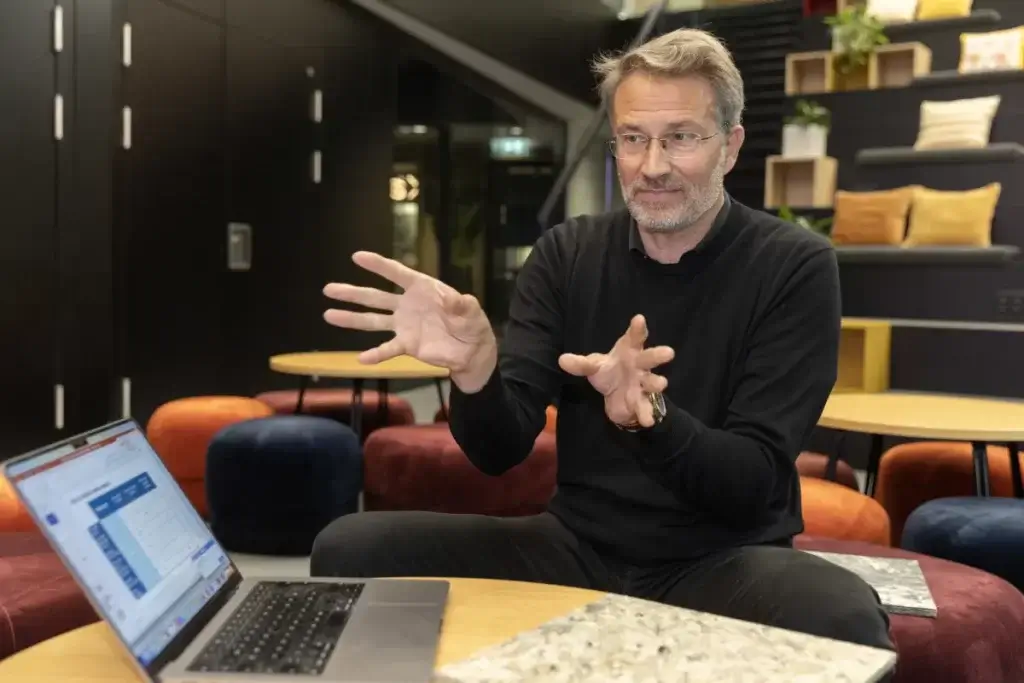
Riverrecycle is a special start-up in that it has been making a profit from the start. But the aim is to make river cleaning and river washes obsolete and to make waste management in developing countries work.
Not only does the company collect plastic waste from the river, it actually collects more of it from the land.
- The ultimate goal is for the recycling business for low-value plastic to grow so big that it no longer drifts into the river. Our aim is to buy everything that is thrown into the river so that it is no longer thrown into the river. Then, when the business model is ready in a decade or so, there should be no need for river cleaners.
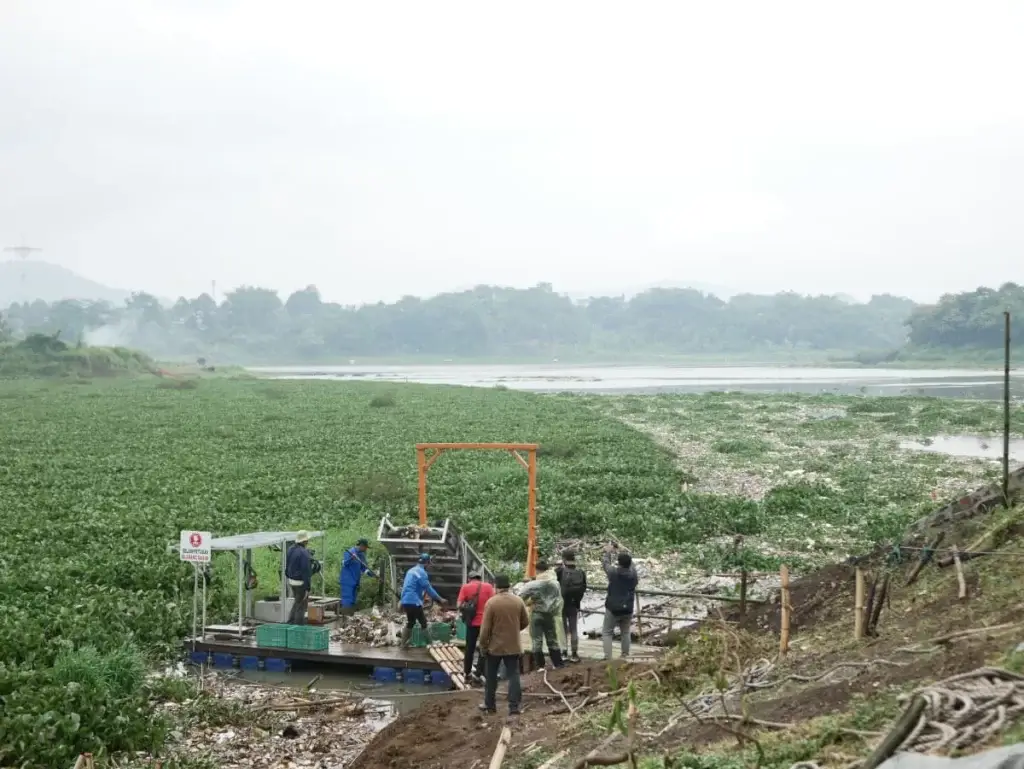
Installing garbage collectors in rivers has not been an easy task. Initially, no one wanted them on their land and in their waterways when Riverrecycle started negotiations with local authorities.
- There are quite a few parties involved: the city, the potential buyer or financier, the river authority and the national authority. It’s a puzzle to make this work for everyone,” says Mikola.
The problem of plastic pollution in water bodies is so big that there are many parties who want to get involved.
- We are basically selling the various results of the project to several different parties. One wants jobs, another wants to get plastic waste out of the river, another wants to solve the problem of municipal waste collection.
In the Philippines, for example, there is also legislation to tackle littering. The producers of plastic waste are becoming responsible for recycling the same amount of plastic that goes into the market.
- When recycling has intrinsic value, it starts to pay off more economically,” says Mikola.
Riverrecycle itself is also involved in the development of plastic reuse. Currently, rubbish plastic is compressed by heating it into building board.




